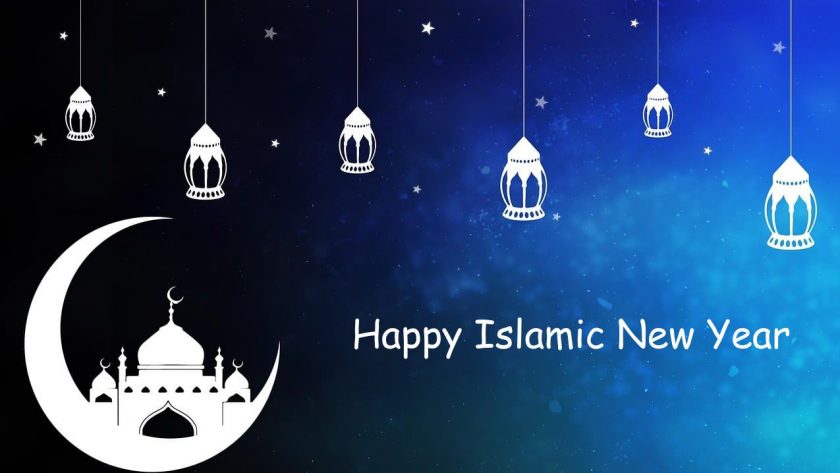As we embark on the Islamic year 1446 AH, it’s a time for Muslims worldwide to reflect on their spiritual journey, renew their faith, and embrace the teachings of Islam with a sense of purpose and commitment. This article explores how Muslims can celebrate the Islamic year 1446 by deepening their faith, fostering community bonds, and positively impacting their lives and those around them.
1. Reflecting on the Hijri Calendar
The Islamic calendar, also known as the Hijri calendar, marks significant events in the history of Islam, including the migration (Hijra) of Prophet Muhammad (peace be upon him) from Mecca to Medina. Each year provides an opportunity for Muslims to reflect on the Hijra’s significance and draw lessons of resilience, faith, and community-building from this historic event.
2. Strengthening Faith through Worship
The Islamic year 1446 should be a period of spiritual renewal through increased devotion and worship. Muslims can engage in extra prayers, recitation of the Quran, and supplication to deepen their connection with Allah (SWT). This spiritual rejuvenation fosters a sense of inner peace and strengthens one’s faith in times of both joy and challenge.
3. Observing Fasting and Charity
The Islamic year includes sacred months and days, such as Ramadan and the first ten days of Dhul-Hijjah, which hold special significance for fasting and acts of charity. Observing fasting during Ramadan and voluntary fasting throughout the year serves as a means of spiritual purification and self-discipline. Additionally, Muslims can embrace charity (zakat and sadaqah) to support those in need, embodying the principles of compassion and generosity upheld in Islam.

4. Strengthening Family and Community Bonds
Celebrating the Islamic year 1446 involves strengthening bonds within families and communities. Muslims can come together for prayers, communal iftars (during Ramadan), and gatherings that promote unity and mutual support. These interactions build a sense of belonging and solidarity, fostering a supportive environment where individuals can grow spiritually and emotionally.
5. Educating and Inspiring Others
Sharing knowledge about Islamic traditions, values, and the significance of the Hijri calendar can inspire others to deepen their understanding and connection to Islam. Engaging in educational activities, discussions, and outreach initiatives within communities can promote unity and mutual respect among diverse groups, enhancing the collective experience of celebrating the Islamic year 1446.
6. Embracing Diversity and Inclusivity
Islam emphasizes the importance of embracing diversity and inclusivity within society. Muslims can celebrate the Islamic year 1446 by promoting tolerance, understanding, and respect for people of different backgrounds and beliefs. By exemplifying the teachings of compassion and justice, Muslims contribute positively to their communities and promote harmonious coexistence.
7. Setting Spiritual Goals and Intentions
As Muslims commemorate the Islamic year 1446, it’s an opportune time to set spiritual goals and intentions for personal growth and development. Whether striving to increase knowledge of Islam, improve character traits, or strengthen relationships with loved ones, setting achievable goals nurtures a sense of purpose and direction in one’s journey towards Allah (SWT).
Conclusion
Celebrating the Islamic year 1446 is a time for Muslims to renew their faith, embrace spiritual growth, and strengthen bonds within their communities. By reflecting on the teachings of Islam, observing sacred rituals, and fostering unity, Muslims can enrich their lives and contribute positively to society. May this year be filled with blessings, peace, and opportunities for spiritual elevation as Muslims commemorate the Hijri calendar with renewed faith and purpose worldwide.

